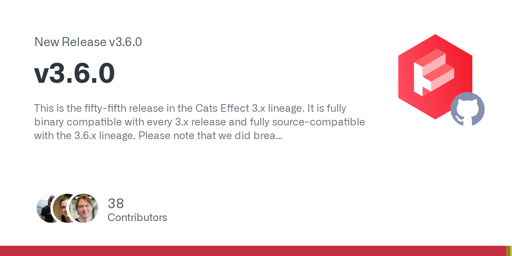- 11 Posts
- 353 Comments

 2·5 days ago
2·5 days agoNever played any other game besides Bloodstained. Loved it.

 263·5 days ago
263·5 days agoWell, I guess it’s time to move. To France!
This is literally the dream I’ve been screaming about for years.

 7·6 days ago
7·6 days agoBut but, it trickles down… Right? 🥹

 32·6 days ago
32·6 days agoAnd they are all correct.

 1·6 days ago
1·6 days ago“The land of the free”

 1·6 days ago
1·6 days agoGod is not going to help anyone, better people wale up instead of waiting for it.

 4·5 days ago
4·5 days agoYeah. I have the previous version of the WH which seems not affected, but I also have the WF 3 which unfortunately seems to be.
Many people have sony headphones with those chips.

 8·8 days ago
8·8 days agoTrickle down economics at work. We all know most open source devs are super rich and receive a lot of that money. That’s the only reason they can work so much on open source 😌

 93·10 days ago
93·10 days agoThat “freely” there really does a lot of hard work.

 3·11 days ago
3·11 days agooh man, that unfortunate graphic with the CDNA letters really made me read it 4 times as CONA… bad amd, bad.

 4·11 days ago
4·11 days agombway is on the news peeps.

 5·11 days ago
5·11 days agothe tray icon/app is indeed some kind of electron thing. it basically just configures a folder in you home that syncs 2 ways. webdav works fine. tested with kde’s dolphin and with rclone. sometimes using one of them is much slower than the other, I don’t understand webdav that well. the android app basically allows to navigate the whole thing and download only what you want or keep some things synced locally. there’s also the option to automatically send everything new like new photos to the cloud with it on the background. been working fine.

 17·11 days ago
17·11 days agoand the adhd goblins are also there in the background

 52·12 days ago
52·12 days agoI sure hope we prevent bomb some specific countries that also have current nuclear capabilities and play around in submarines and other shit.

 2·12 days ago
2·12 days agoWe do not need to worry. The amount of scraping and traffic those ais are doing are already killing every website. At least they all have full backups of the whole internet by now… Right? Righttt?

 15·12 days ago
15·12 days agoAt least the sewing supplies taste better than wtv were those horrible taste cookies it comes with.
I thought it was mixing magic the gathering stuff in, since I also have no idea about it 😅
I have no idea what I just watched.








That’s the dream temperature. Literally 20 degrees less than here.